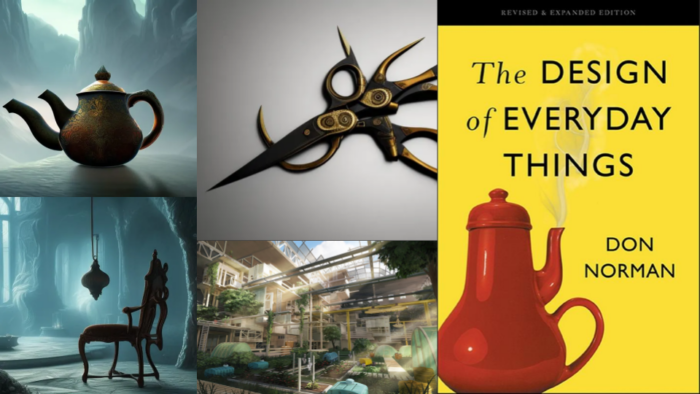 ';
view
';
view
"All this he saw, for one moment breathless and intense, vivid on the morning sky; and still, as he looked, he lived; and still, as he lived, he wondered."
― Kenneth Grahame, The Wind in the Willows
1. A Voice in the Margins, a Lesson in the Centre What does Natalia Ginzburg, an Italian novelist of quiet prose and domestic landscapes, have to do with design? On the surface, little: she did not theorise objects or urban space, nor did she work...
Who (or What) Is Designing? Somewhere between the mouse click and the model update, a question sometimes lingers, one that makes architects react with violence. Who is really designing here? “Me,” will answer the architect. “The computer is Just A Tool and I’m in Control.”...
I’ve been told it’s difficult and — honest to God — it’s not. It’s just incredibly convoluted and, as it often happens with both Microsoft and Autodesk, stuff isn’t where you expect it to be. So here’s a quick guide on how to pull data...
In a city that often hides its wonders behind unassuming façades, Casa degli Atellani is a palimpsest of Milan’s most profound historical, artistic, and architectural evolutions. And yet, this house — steeped in stories from the Sforza court to the 20th-century architectural revival — is...
Introduction: Stories We Tell About Data Before we ever store, query, or analyze it, we tell stories about data. Not with words, necessarily, but with structures. With paths, branches, and webs. With ontologies and classification systems. With expeditions and search parties. Data — raw, abstract,...
I know I’m overdue two important posts, one on the Biennale in Venice and one on the Triennale here in Milan, but I’m still digesting many of the things I saw over there. More importantly, I’m working around the concept of adaptive and responsive architecture...

Mentor and Tutor on Digital Transformation in the Construction Industry, Reader and Writer, Gamer
 ';
view
';
view
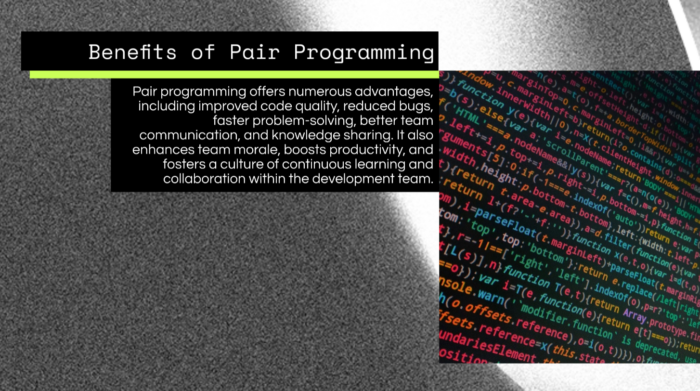 ';
view
';
view
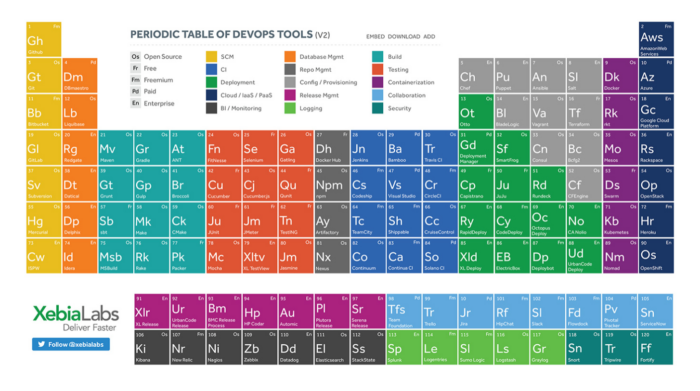 ';
view
';
view
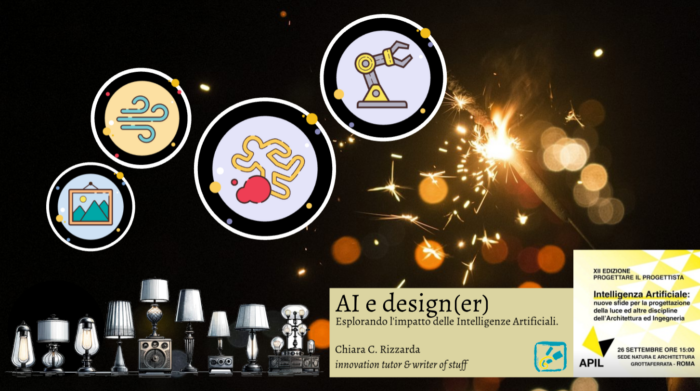 ';
view
';
view
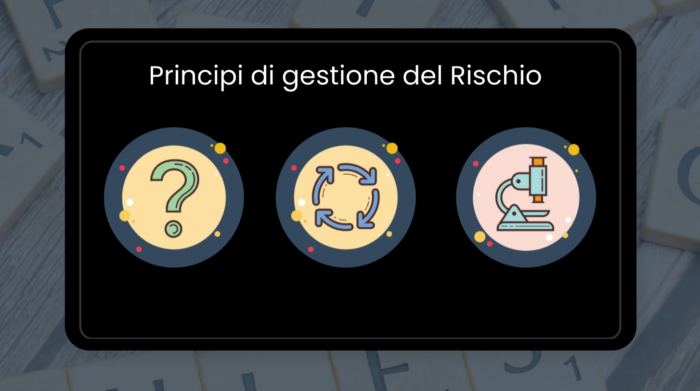 ';
view
';
view
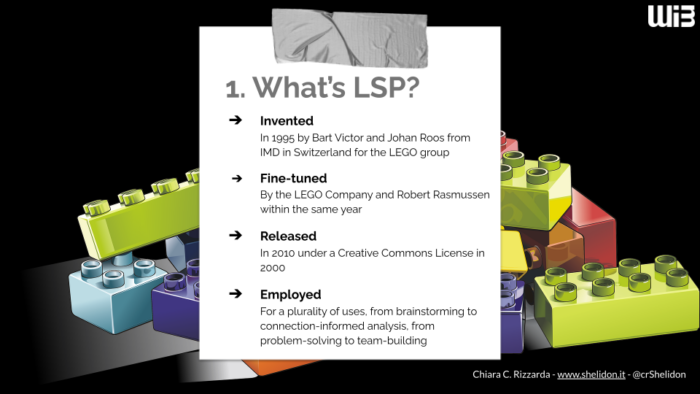 ';
view
';
view
“Pay heed to the tales of old wives. It may well be that they alone keep in memory what it was once needful for the wise to know.”
A werewolf story by Alexandre Dumas père. Chapter XXII: Thibault’s Last Wish Urged in her flight by a hideous terror, and anxious to reach the village where she had left her husband with all ...
1. A Voice in the Margins, a Lesson in the Centre What does Natalia Ginzburg, an Italian novelist of quiet prose and domestic landscapes, have to do with design? On the surface, little: she did not th...
A werewolf story by Alexandre Dumas père. Chapter XXI: The Genius of Evil The next evening, about nine o’clock, a man might be seen walking along the Puits-Sarrasin road and making for for the...
A werewolf story by Alexandre Dumas père. Chapter XX: True to Tryst On quitting the Countess’s room, Thibault had left the castle by the way which he had described to her, and soon found himse...
A werewolf story by Alexandre Dumas père. Chapter XIX: The Dead and the Living At the same moment that the trembling soul of the young Baron passed away, Thibault, awaking as if from an agitated sle...
Introduction: Stories We Tell About Data Before we ever store, query, or analyze it, we tell stories about data. Not with words, necessarily, but with structures. With paths, branches, and webs. With ...
This book took my heart, chewed it up, spit it back out, set it on fire, and then laid a flower on it. Although I was in Jerusalem almost twenty years after Alberto Stabile, in events closely related ...
A werewolf story by Alexandre Dumas père. Chapter XVIII: Death and Resurrection The cold morning air brought Thibault back to consciousness; he tried to rise, but the extremity of his pain held him ...
A werewolf story by Alexandre Dumas père. Chapter XVII: The Baron de Mont-Gobert Thibault found himself in the Countess’s room. If the magnificence of Bailiff Magloire’s furniture rescu...
A werewolf story by Alexandre Dumas père. Chapter XVI: My Lady’s Lady Thibault was delighted at seeing what had happened to the young Baron, whose hand, anything but light, had so shortly bef...
Nothing happens in this book, and yet everything happens. Just like life. An ordinary story of an ordinary woman: her husband left for no apparent reason, he seems to think he has a right to her life ...
A werewolf story by Alexandre Dumas père. Chapter XV: The Lord of Vauparfond Thibault, on arriving at the Dauphin d’Or, ordered himself as fine a dinner as he could think of. It would have bee...
We Were Always Here: on Memory, Erasure, and the Persistence of Queer History All month long, we have journeyed through scroll and scripture, painting and poetry, ruin and reliquary, gathering voices,...
Letters in Exile: Rumi’s Longing for Shams al-Din Tabrizi “Since Shams appeared,my heart has been a hundred thousand burning lamps.The world is a candle, and I am the wick:I am consumed in the fla...
The Love That Wrote Itself: Hadewijch and the Ecstasy of the Unknown Beloved “And she beheld me with love,and made me forget all my suffering.”— Hadewijch of Brabant, Visions and Poems (13th...
Saint Wilgefortis and the Bearded Woman of Lützen: Gender Miracles in Devotional Art A crucified female saint — dressed in noble garments, arms outstretched, and crowned with an improbable beard �...
Christina of Sweden: The Queen Who Refused to Be a Woman Crowned queen at the age of six and ruling in her own right by eighteen, Christina of Sweden stood as one of the most enigmatic and transgressi...
She Knew Better than Any Man: Female Lovers in Brantôme’s Courtly Chronicles “This reminds me of certain women who love their companions so dearly that they would not share them for all the wealt...
The Noble Knight: Gender Ambiguity and Queer Aesthetics in the Portrait of Doña Catalina de Erauso Known as “La Monja Alférez” (The Lieutenant Nun), Catalina de Erauso defied every expectation o...
Veiled in Wit: Queer Subtext and Gender Play in The Heptameron Often dubbed “the French Decameron,” The Heptameron is a collection of 72 stories told by a group of noble travellers, written by Mar...
Not by Nature, but by Habit: Christine de Pizan and the Complexity of Gender Roles “If it were customary to send little girls to school and teach them the same subjects as boys are taught, they woul...
The Sword and the Stage: La Maupin, the Scandalous Virtuosa of Baroque France Julie d’Aubigny, better known as La Maupin, was a French opera singer, expert swordswoman, and outlaw who lived as boldl...
As Blossoms Fall: The Poetry of Ephemeral Love in Nanshoku Ōkagami “Their sleeves were soaked with tears, not from shame, but from knowing they had only this one night. In the garden, plum blossoms...
In the Courtyard at Dusk: Female Intimacy in Mughal Miniature Painting In the world of the Mughal court, the zenana was a secluded space that offered elite women both constraint and community. Mughal ...
©© This blog and all original content within it are distributed via a Creative Commons International License Attribution – Share Alike 4.0.
Whole articles cannot be copied on third-party websites, but any reference is welcome.
All original material by others is included only within the fair use boundaries, which grant the right to use copyrighted works for purposes such as criticism, comment, news reporting, teaching, scholarship, or research, and therefore is not intended as an infringement of copyright. For any controversy and claims, please contact the author via the comments, and actions will be taken to safeguard intellectual property at its best.